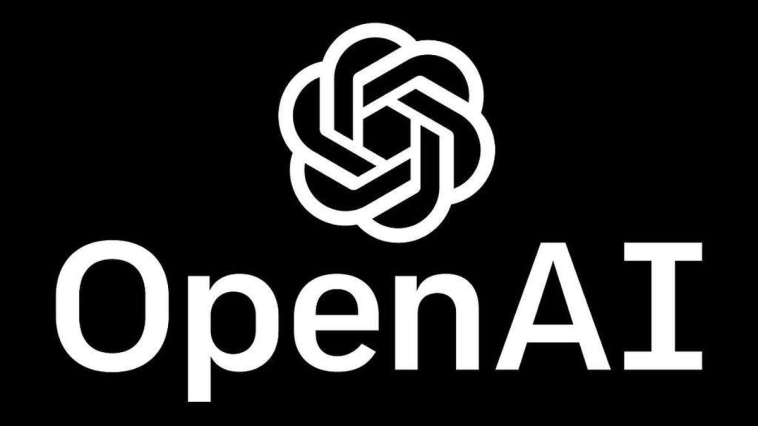Photo Credit: OpenAI
A former OpenAI research whistleblower on the company’s process for training its generative AI models has died at age 26.Suchir Balaji, a 26-year-old former OpenAI researcher, was found dead in his San Francisco apartment, authorities confirmed this week. Balaji was best known for whistleblowing the artificial intelligence company at which he was instrumental in gathering enormous amounts of data online to train its large language models.
San Francisco police were called to Lower Haight resident around 1 PM on November 26, after receiving a call asking officers to do a welfare check, according to a police spokesperson. The medical examiner’s office determined the manner of death to be suicide, and police officials told the press there is “currently no evidence of foul play.”
Information Balaji held was expected to play a major role in lawsuits against the company, which is also based in San Francisco. His death comes just three months after he publicly accused OpenAI of violating U.S. copyright law while developing its generative artificial intelligence (genAI) program ChatGPT, which has become a tech sensation worldwide.ChatGPT’s public release in late 2022 sparked a deluge of litigation against OpenAI. Creatives, including authors, computer programmers, and journalists, all claim the company illegally stole their copyrighted material to train its program, elevating the company’s value past $150 billion. Several news outlets, including The NY Times, have sued OpenAI this past year.
In October, Balaji told The NY Times OpenAI was harming businesses and entrepreneurs whose data was scraped to train ChatGPT. “If you believe what I believe, you have to just leave the company,” he said. “This is not a sustainable model for the internet ecosystem as a whole.”
Balaji joined OpenAI in 2020 at just 21 years old, having been drawn to the potential for AI to help advance technology, cure diseases, and much more. But he quickly found himself at the helm of a technology that is “destroying the commercial viability of the individuals, businesses, and internet services that created the digital data used to train AI systems.”
Suchir Balaji grew up in Cupertino and attended UC Berkeley to study computer science. He was enthusiastic about the potential benefits that artificial intelligence could provide society, including its ability to “cure diseases and stop aging.” He told the Times, “I thought we could invent some kind of scientist that could help solve them.”
His outlook quickly began to sour in 2022, becoming concerned about his assignment of gathering data from the internet for the company’s GPT-4 program, which analyzed text across the entire internet to train its artificial intelligence program. According to Balaji, the practice ran afoul of U.S. fair use laws. He posted an analysis on his personal website, arguing his findings.In a letter filed in federal court on November 18, attorneys for The NY Times named Balaji as someone who had “unique and relevant documents” to support their case against OpenAI. He was among at least a dozen people, many of whom were current or past OpenAI employees, that The Times named in their court filings as having material helpful to their case.





GIPHY App Key not set. Please check settings